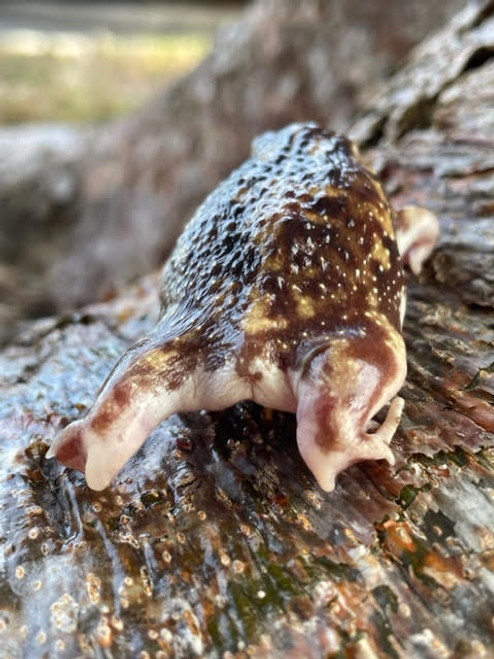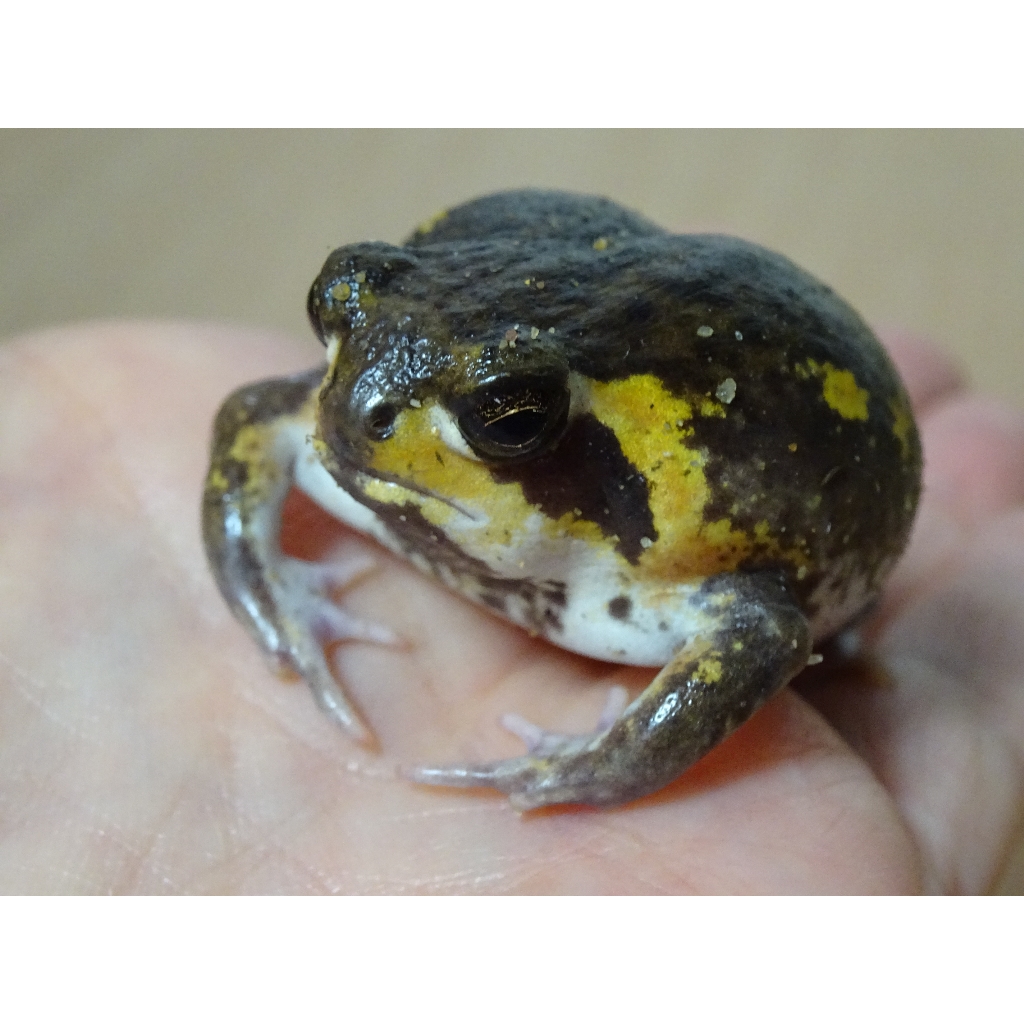Discover Your Perfect Rain Frog for Sale: Dive into the Globe of Exotic Amphibians!
Discover Your Perfect Rain Frog for Sale: Dive into the Globe of Exotic Amphibians!
Blog Article
Common Health Issues in Reptiles: Signs and Solutions
In the complex world of reptile care, understanding the common health problems that might impact these special creatures is paramount in ensuring their health. From respiratory system infections that can silently take hold to metabolic bone diseases that can cripple, reptiles are at risk to an array of ailments that need eager monitoring and timely treatment. Whether it's grappling with parasitic problems, browsing dehydration concerns, or attending to skin disorders that materialize in subtle methods, being in harmony with the signs and symptoms and geared up with the knowledge of effective services is crucial for any type of reptile owner. By diving additionally right into the subtleties of these wellness concerns and discovering the functional treatments offered, one can guard the health and wellness and vitality of these fascinating animals.
Breathing Infections
Breathing infections in reptiles can substantially influence their overall wellness and need prompt interest from skilled vets. In reptiles, respiratory infections can be especially testing to identify and treat due to their special anatomy and physiology.
Treatment for respiratory system infections in reptiles typically entails a combination of supportive treatment, such as maintaining correct humidity degrees and temperature slopes in the enclosure, along with targeted medicine to resolve the specific microorganism in charge of the infection. It is vital for reptile proprietors to monitor their pets very closely for any indications of breathing distress and seek vet treatment at the earliest indication of an issue. With timely intervention and proper treatment, many reptiles can recuperate completely from respiratory infections and resume typical activities.

Metabolic Bone Condition
What factors add to the growth of Metabolic Bone Disease in reptiles?
Metabolic Bone Disease (MBD) in reptiles is largely triggered by an absence of correct calcium, phosphorus, and vitamin D3 levels in their diet plan. When reptiles do not receive sufficient calcium, either through their food or correct UVB exposure for vitamin D3 synthesis, they go to a high threat of developing MBD. Reptiles with diet regimens reduced in calcium or imbalanced calcium to phosphorus proportions are especially at risk. Furthermore, insufficient direct exposure to UVB light avoids reptiles from synthesizing vitamin D3, which is important for calcium absorption and bone health and wellness.
Inadequate moisture degrees can likewise impact a reptile's capacity to metabolize calcium effectively. Normal veterinary exams, proper husbandry practices, and a well balanced diet are crucial to stop Metabolic Bone Disease in reptiles.
Parasitical Infestations
Parasitic infestations present a significant wellness danger to reptiles, impacting their total well-being and needing timely vet attention. Reptiles can be impacted by different parasites, consisting of mites, ticks, internal worms, and protozoa. These bloodsuckers can cause a variety of signs and symptoms, such as weight-loss, sleepiness, skin irritation, diarrhea, and also fatality if left neglected.
One usual bloodsucker found in reptiles is the mite, which can trigger skin anemia, irritation, and tension. Ticks are another outside parasite that can trigger and transfer conditions discomfort to the reptile. Internal parasites like worms and protozoa can bring about gastrointestinal problems, poor nutrition, and damage the reptile's immune system.
To identify a parasitic infestation, a veterinarian might do fecal examinations, skin scrapings, or blood examinations. Treatment commonly entails deworming drugs, antiparasitic baths, or in serious situations, hospitalization. Preventative procedures such as regular veterinary exams, correct health, and quarantine treatments for new reptiles can assist lessen the risk of parasitical infestations and ensure the well-being of reptile animals.
Dehydration and Hydration Issues
Dehydration in reptiles can substantially affect their health and wellness, demanding timely treatment and proper hydration management. If left neglected, dehydration can lead to severe health issues and even be deadly to the reptile.
To stop dehydration, reptile proprietors should ensure that their pet dogs have access to tidy water in all times. The water recipe ought to be large sufficient for the reptile to take in if required, especially for species that soak up water through their skin. Furthermore, maintaining appropriate moisture levels in the reptile's room and supplying regular bathrooms can help stop dehydration.
In situations of dehydration, it is important to look for vet treatment quickly. A vet may provide fluids either by mouth or via injections to rehydrate the reptile. It is vital to resolve the underlying cause of dehydration to stop reappearance and ensure the reptile's general health.
Skin Disorders

Final Thought
Respiratory infections in reptiles can significantly impact their total health and wellness and require punctual interest from experienced view vets (rain frog for sale). Preventative measures such as normal vet check-ups, appropriate hygiene, and quarantine procedures for brand-new reptiles can help decrease the risk of parasitical invasions and ensure the wellness of reptile pets
If left unattended, dehydration can lead to major health and wellness issues and even be deadly to the reptile.
Routinely inspecting your reptile for any modifications in skin look, texture, or color can assist in very early discovery and therapy of skin ailments, promoting the total health and wellness of your flaky companion. - rain frog for sale
In conclusion, reptiles are susceptible to numerous health problems such as respiratory system infections, metabolic bone illness, parasitic infestations, dehydration, and skin ailments.
Report this page